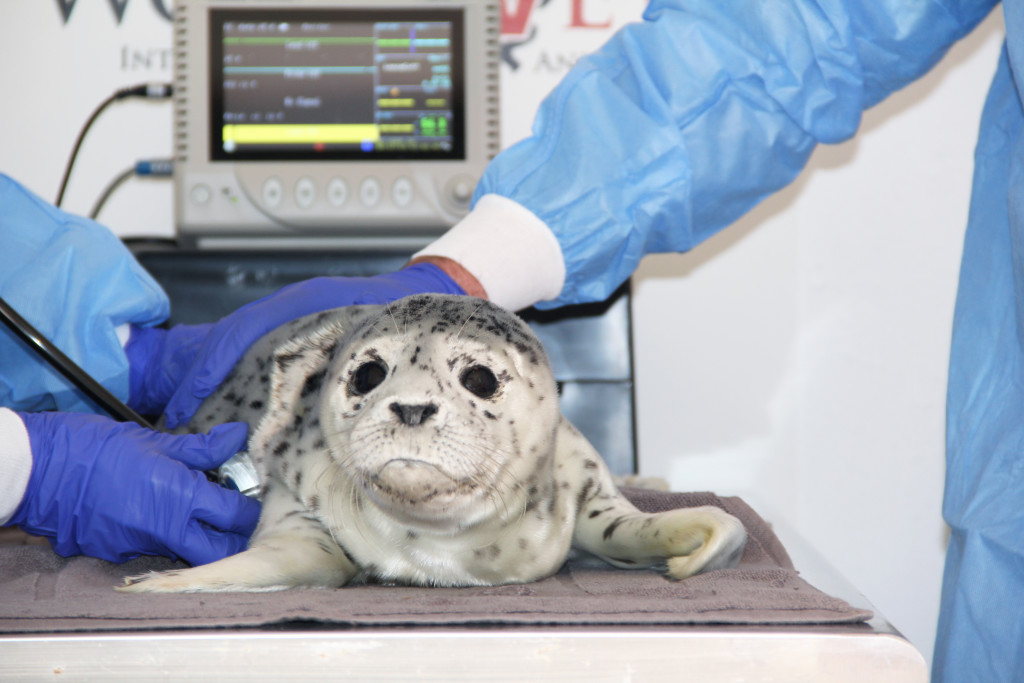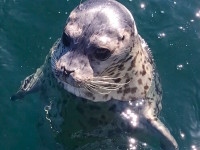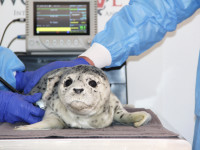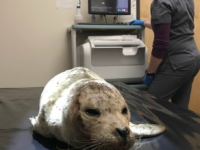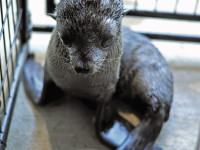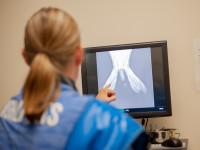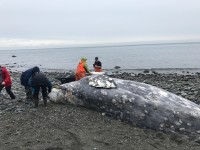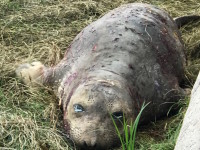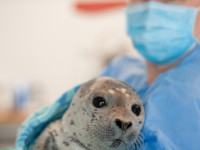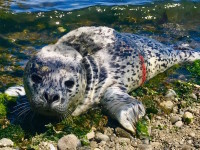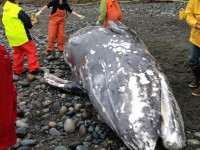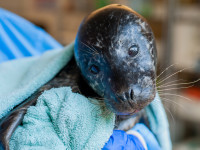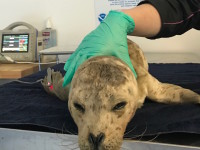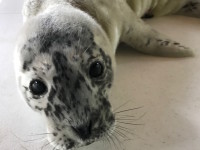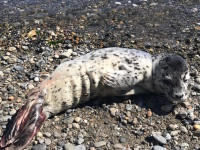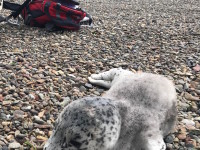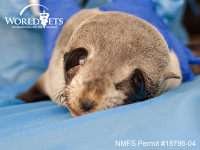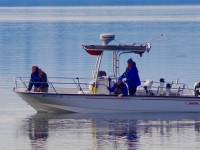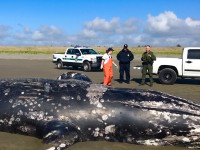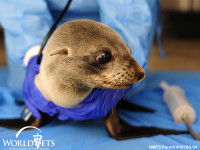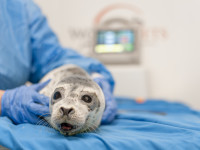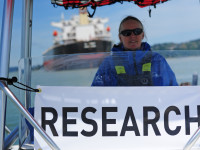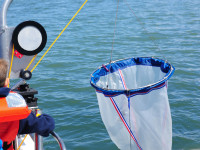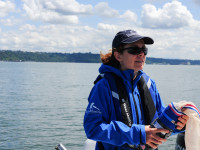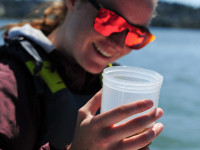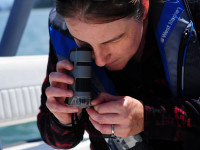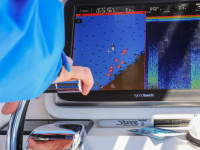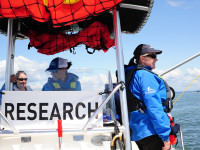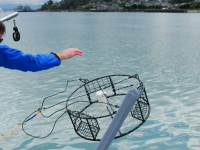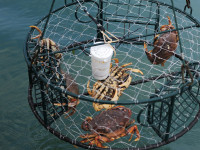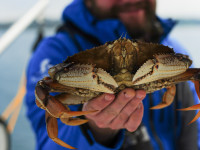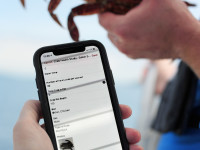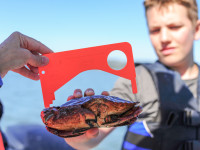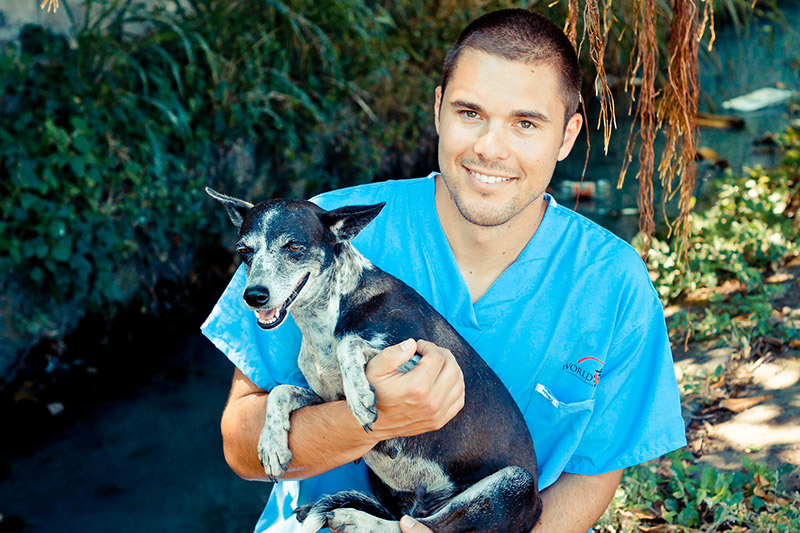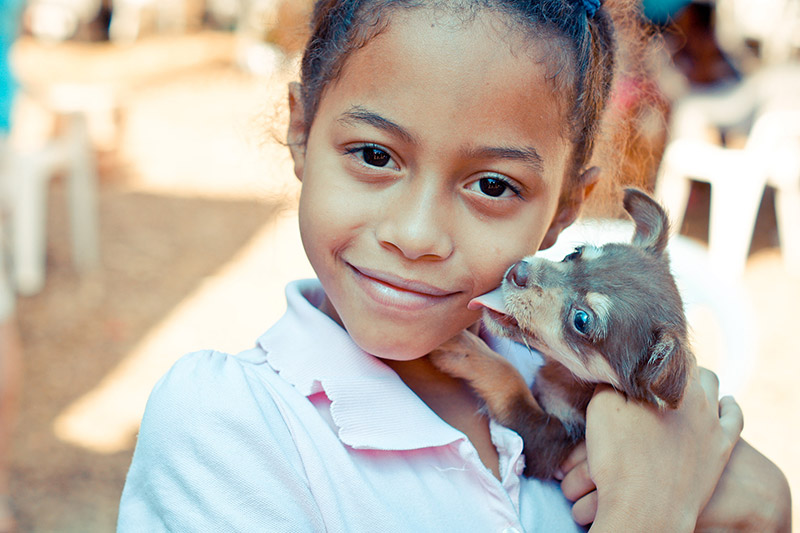In the State of Washington, World Vets provides rescue and response for stranded, injured and sick marine mammals. Working under an official federal permit, World Vets provides emergency veterinary response, beach response and rescue, disease investigations, triage and short-term in clinic care for stranded marine mammals throughout Washington. We also provide necropsies on animals that have been found dead, to determine cause of death. World Vets has primary coverage for Vashon-Maury Island and responds to calls statewide at the request of other stranding network partners. We work collaboratively with networks throughout the state, especially Washington Department of Fish and Wildlife.
Our work involves a wide variety of marine mammals including Harbor seals, Harbor Porpoise, Guadalupe fur seals, Elephant seals, Northern fur seals, Gray Whales, Orcas, Humpback Whales, Sei whales, Striped Dolphin, Sea Turtle, Dall’s Porpoise, Steller sea lions and California sea lions. Below are a few photos of recent cases.
Report an injured marine mammal- If you are in the state of Washington and see a marine mammal that is injured or in distress, please call the official West Coast Marine Mammal Stranding Network Hotline at 1-866-767-6114.
To report an entangled whale call 1-877-SOS-WHALE (1-877-767-9425)
We work in collaboration with NOAA Fisheries and stranding networks throughout the state of Washington, especially Washington Department of Fish and Wildlife and Cascadia Research Collective. Cases are referred to us through the appropriate channels.
We thank our supporting partners who make this work possible, including NOAA Fisheries, Fondation Brigitte Bardot, Lakefield Veterinary Group and our generous individual donors.
Marine Animal Health and Ecosystem Research
World Vets is also involved in research and disease and health investigations involving marine life and habitat. Many of these programs are rooted in the One Health Concept which addresses the connections between human health, animal health and the environment using a multidisciplinary approach drawing on the expertise of professionals from fields including veterinary medicine, human medicine, environmental science, ecology, marine sciences and many others. By gaining a better understanding of the current state of marine animal health and the factors that influence it, we will be better equipped to protect marine animals and the fragile ecosystems that support them.




